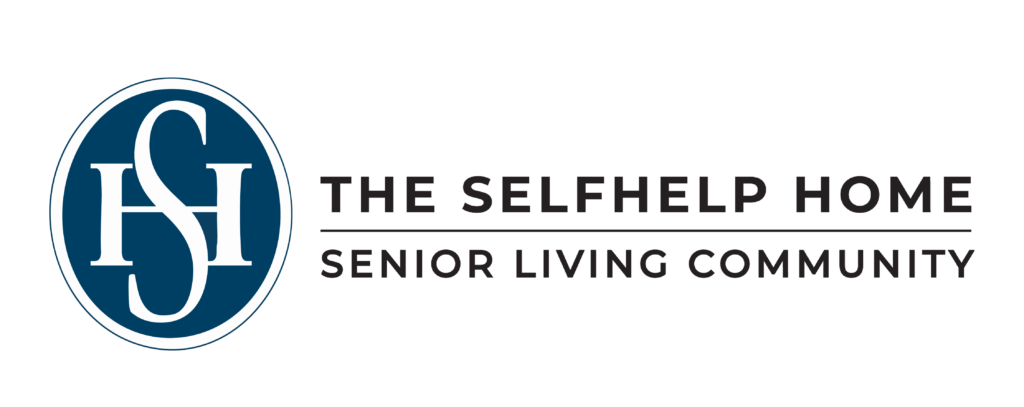By Shari Imbo, Creative Director at The Selfhelp Home
Passover, or Pesach, is a time deeply rooted in Jewish tradition and heritage. It marks the liberation of the Israelites from slavery in ancient Egypt and is celebrated with rituals and gatherings that emphasize community, family, and faith. For those residing in assisted living communities, celebrating Passover takes on a special significance, blending cherished traditions with the unique dynamics of communal living and care.
Embracing Tradition in a New Setting
Assisted living communities – such as The Selfhelp Home located in Chicago, IL – strive to create an environment where residents can maintain their cultural and religious practices, and Passover is no exception. The journey begins with preparations weeks in advance, transforming common areas into spaces adorned with symbolic items such as the Seder plate, unleavened bread (matzah), and symbolic foods representing elements of the Exodus story.
Residents, with the support of staff and volunteers, come together to prepare for the Seder, the ceremonial meal that marks the beginning of Passover. This preparation is not just about the physical arrangement of tables and chairs, but also about fostering a sense of anticipation and community spirit among all participants. At The Selfhelp Home, we offer pre-Passover discussions and tutorials with our on-staff Director of Jewish Life.
Building Community Through Shared Rituals
One of the most powerful aspects of celebrating Passover in assisted living is the communal aspect. Residents and their families join together to retell the story of Exodus, singing traditional songs, and reciting prayers that have been passed down through generations. The Seder plate, with its symbolic foods like bitter herbs and charoset, becomes a focal point of conversation and reflection, evoking memories and connecting residents to their shared history. At The Selfhelp Home, our Director of Jewish Life guides our residents, families, and friends through two Passover seders during the initial two evenings.
In these communities, every participant plays a vital role. Some residents may lead prayers or readings, while others share personal anecdotes or insights into the meaning of Passover in their lives. Staff members often contribute by facilitating discussions, ensuring everyone feels included, and providing support as needed.
Nurturing Spiritual Well-being and Belonging
Beyond the rituals and symbolism, celebrating Passover in assisted living communities – such as at The Selfhelp Home – nurtures spiritual well-being and a sense of belonging. For many residents, especially those who may be far from their families or unable to attend traditional gatherings, these celebrations offer a comforting continuity of customs and a reaffirmation of identity.
The atmosphere during Passover in these communities is one of warmth and camaraderie, where residents form bonds that transcend age or background. Whether sharing stories from their past Seders or marveling at the resilience of their shared faith, each participant contributes to a tapestry of experiences that enriches the entire community.
Looking Forward with Hope and Renewal
As Passover draws to a close, assisted living communities continue to uphold its spirit of renewal and hope. The holiday’s themes of liberation and renewal resonate deeply with residents who, despite the challenges they may face, find strength in coming together to celebrate their faith and traditions.
Celebrating Passover in assisted living communities is more than a ritual; it is a testament to the resilience of the human spirit and the power of community. It continues to create memories, and fosters a sense of belonging that enriches the lives of all who participate.
As we reflect on the meaning of Passover, let us remember that its message of freedom and renewal transcends physical boundaries, inspiring us to embrace each other with kindness and gratitude.
The Selfhelp Home wishes all of our residents, families, and friends a “Chag Pesach Sameach!” To learn more about The Selfhelp Home, please visit us online, or call us to schedule a tour at (773) 271-0300.


